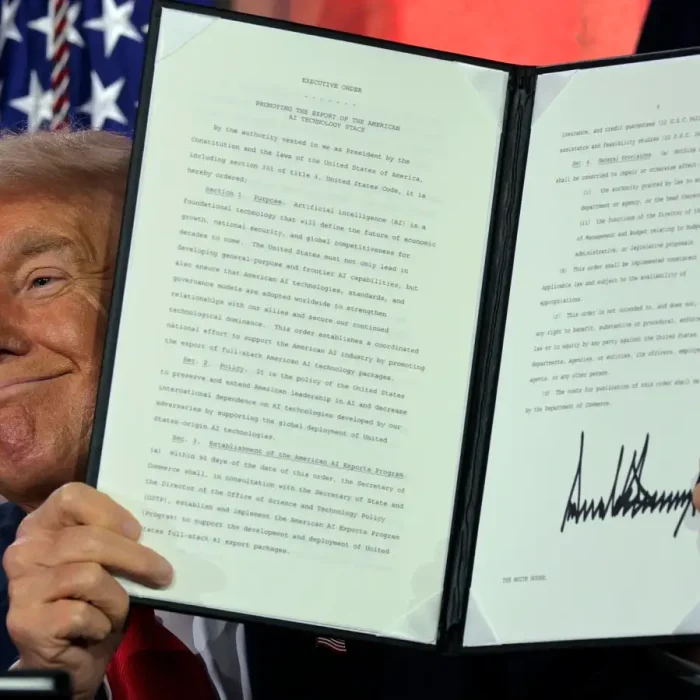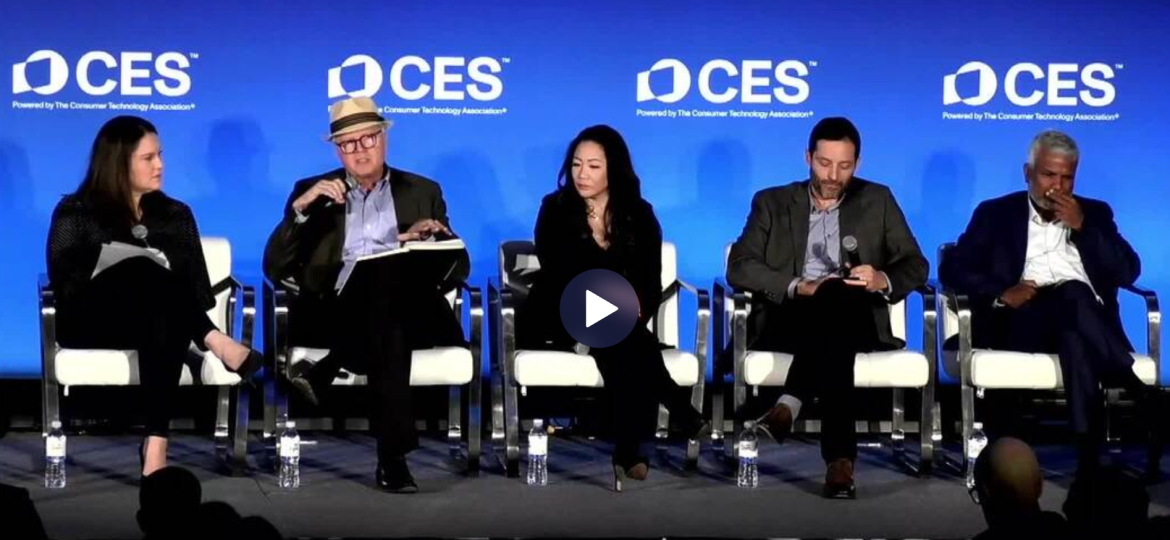The United States is currently navigating a complex landscape in quantum technology, marked by both strengthened international partnerships and domestic funding challenges.
Strengthening International Partnerships
- India: In early 2025, President Trump and Prime Minister Narendra Modi met to enhance collaborations in artificial intelligence, semiconductors, and quantum technology. This initiative aims to foster joint research and development, though specific investment commitments remain pending.
- Japan: The U.S. and Japan have reaffirmed their commitment to joint efforts in civil space, aeronautics, and quantum science. This partnership seeks to advance technological innovation and address shared security concerns, particularly in the context of China’s growing technological influence.
Domestic Funding Challenges
- NIH Budget Cuts: The Trump administration has announced a $4 billion reduction in funding for the National Institutes of Health (NIH). This significant cut poses a threat to biomedical research, including areas where quantum technology could lead to advancements in drug discovery and diagnostics.
- Proposed Quantum Research Funding: In contrast, the Department of Energy Quantum Leadership Act of 2025 has been introduced, proposing over $2.5 billion in funding for quantum research over the next five years. This legislation aims to bolster the U.S.‘s position in quantum technology, but it has yet to pass, contributing to uncertainty in the nation’s deep tech funding landscape.
As the International Year of Quantum unfolds, the U.S. finds itself at a crossroads, balancing the reinforcement of international alliances with the need to secure stable domestic funding for quantum research. The outcomes of these efforts will significantly influence the nation’s leadership in this critical technological domain.









